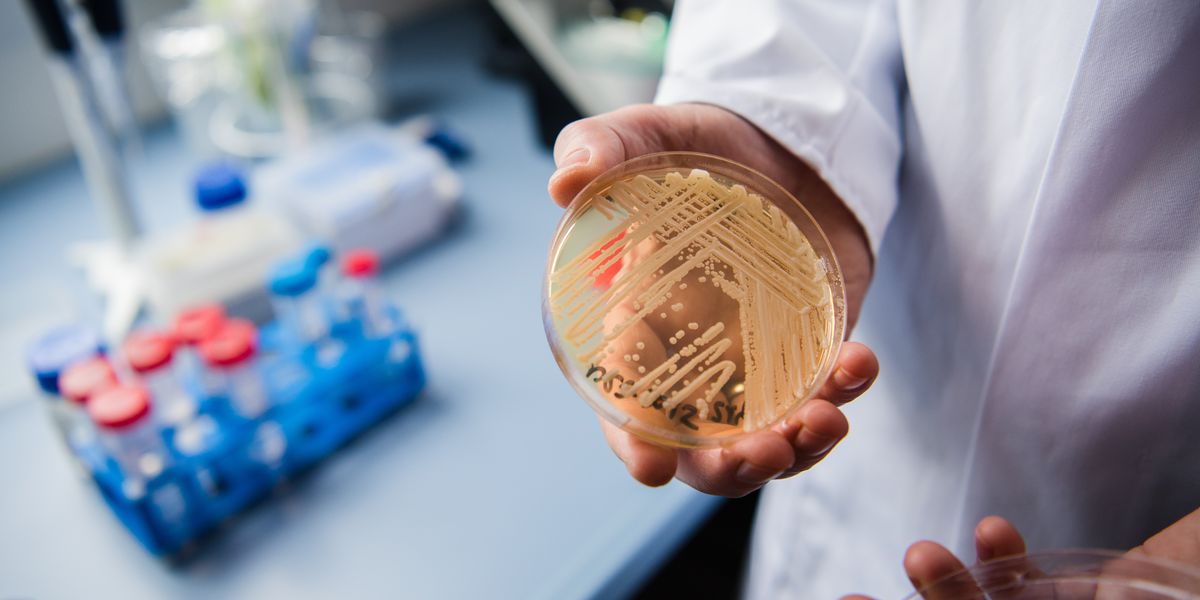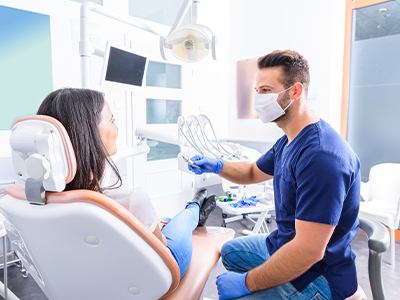
What doctors recommend treating symptoms of menopause transition
Menopause is a natural biological process that marks the end of a woman’s reproductive years. The menopause transition can last for several years and is marked by the decline in the production of hormones like estrogen and progesterone.
This decline can cause a range of symptoms, such as hot flashes, night sweats, mood swings, vaginal dryness, and sleep disturbances. The symptoms of menopause can significantly affect a woman’s quality of life and can be difficult to manage without proper medical intervention.
Doctors Recommendation for treating the symptoms of menopause
Hormonal therapy (HT)
Hormonal therapy is the most effective and widely used treatment for the symptoms of menopause. HT works by supplementing the body with hormones that have been lost during the transition to menopause. There are two types of HT: systemic and topical.
Systemic HT is taken in pill form and works throughout the body, while topical HT is applied directly to the skin or vagina and works locally. HT can relieve hot flashes, night sweats, and vaginal dryness, among other symptoms. However, it is important to note that HT is not suitable for everyone and can increase the risk of certain health problems, such as stroke, blood clots, and breast cancer.
Non-hormonal therapies
For women who cannot or do not want to take HT, there are non-hormonal therapies that can help relieve the symptoms of menopause.
Mind-body therapies – Mind-body therapies, such as yoga, meditation, and acupuncture, can help reduce stress, improve mood, and relieve hot flashes.
Diet and lifestyle changes – Making dietary changes, such as eating a balanced diet and reducing the intake of caffeine, alcohol, and spicy foods, can help relieve symptoms like hot flashes and night sweats. Regular physical activity, such as walking or swimming, can also be beneficial.
Over-the-counter remedies – Over-the-counter remedies, such as herbal supplements, can be helpful for managing the symptoms of menopause. However, it is important to note that these remedies are not regulated by the Food and Drug Administration (FDA) and their effectiveness and safety may not be known.
Vaginal moisturizers – Vaginal dryness can be relieved with the use of vaginal moisturizers. These products work by hydrating the vaginal tissue, reducing discomfort and pain during sexual activity.
Medications
In addition to HT and non-hormonal therapies, there are medications that can help relieve the symptoms of menopause.
Antidepressants – Antidepressants, such as selective serotonin reuptake inhibitors (SSRIs), can relieve hot flashes, improve mood, and promote sleep.
Gabapentin and clonidine – These medications are commonly used to treat hot flashes and improve sleep.
Ospemifene – This medication is a selective estrogen receptor modulator (SERM) that is used to treat vaginal dryness.
Lifestyle changes
Lifestyle changes can also be effective in managing the symptoms of menopause.
Stress management – Reducing stress through mindfulness practices, such as meditation and deep breathing, can help relieve hot flashes and improve sleep.
Sleep hygiene – Good sleep hygiene, such as maintaining a consistent sleep schedule and avoiding caffeine and alcohol before bedtime, can improve sleep and relieve hot flashes.
Avoiding triggers – Triggers, such as spicy foods and alcohol, can worsen hot flashes. Avoiding these triggers can help relieve symptoms.
Maintaining a healthy weight – Excess weight can worsen hot flashes and other symptoms of menopause. Maintaining a healthy weight through regular exercise and a balanced diet can help reduce symptoms and improve overall health.
Alternative treatments
For women who are interested in alternative treatments, there are several options that may be helpful. These include:
Phytoestrogens – Phytoestrogens are plant compounds that have a similar structure to estrogen. They can be found in soy products, flaxseeds, and other foods. Some studies have shown that phytoestrogens can help relieve hot flashes, but more research is needed to fully understand their effects.
Black cohosh – Black cohosh is an herbal remedy that has been used for centuries to relieve the symptoms of menopause. Some studies have shown that it can be effective for hot flashes, but its safety and effectiveness are not fully understood.
Red clover – Red clover is another herbal remedy that has been used to relieve the symptoms of menopause. Some studies have shown that it may be effective for hot flashes, but more research is needed.
Conclusion
Menopause can cause a range of symptoms that can significantly impact a woman’s quality of life. Fortunately, there are a number of treatments available that can help relieve these symptoms, including hormonal therapy, non-hormonal therapies, medications, lifestyle changes, and alternative treatments.
Women who are experiencing the symptoms of menopause should speak with their doctor to determine the best course of treatment for their individual needs. With the right treatment plan, women can manage their symptoms and maintain a high quality of life during this important transition.
Visit DocMode for Courses and lectures












